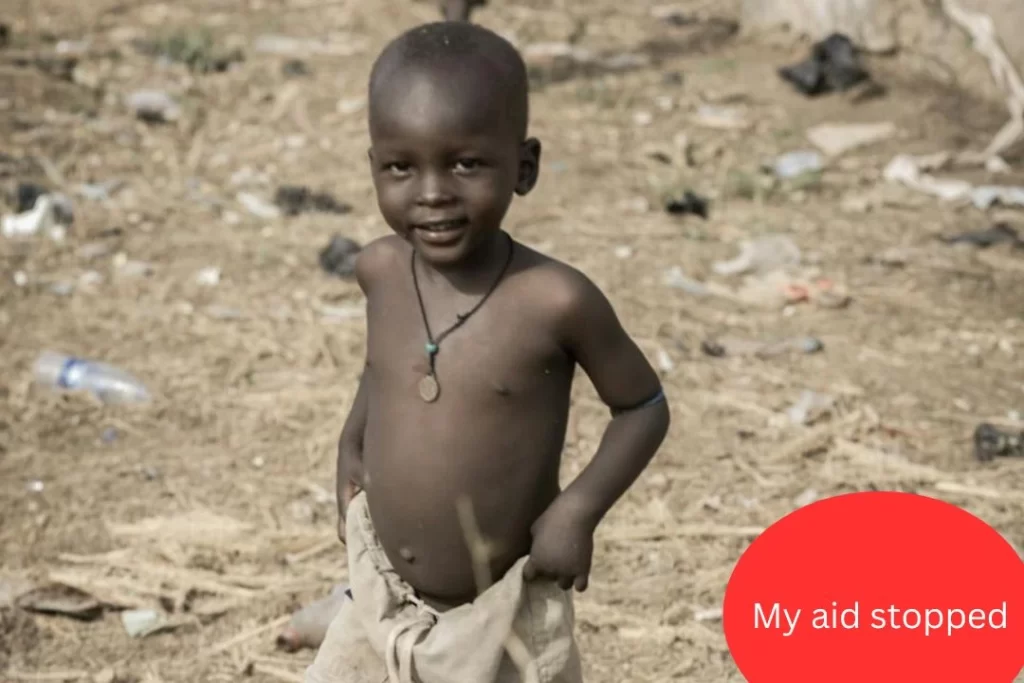The U.S. allocates more foreign aid globally than any other nation, dedicating approximately $60 billion in 2023, which represents around 1% of its federal budget.
In a significant policy move, the U.S. State Department has issued an extensive freeze on new funding for nearly all foreign aid programs. The directive, which went into effect Friday, January 24, 2025, exempts emergency food assistance and military aid to Israel and Egypt. This abrupt measure has raised alarms over the potential consequences for millions of people reliant on U.S.-funded projects worldwide.
The decision threatens to disrupt billions of dollars earmarked for global initiatives focused on health care, education, development, job creation, anti-corruption efforts, and security assistance. The United States, known for providing the most substantial foreign aid globally, allocated $60 billion for foreign assistance in 2023.
While the freeze spares emergency food aid, such as efforts to alleviate famine in war-torn Sudan, other crucial programs have not been explicitly exempted. Among those affected is the highly regarded President’s Emergency Relief Plan for AIDS Relief (PEPFAR), which has been a lifeline for millions worldwide since its inception under President George W. Bush. The program, credited with saving 25 million lives, faces an uncertain future as the freeze continues for at least three months.
Humanitarian officials expressed disappointment that exemptions were not extended to life-saving health initiatives such as immunization programs and clinics. Aid organizations have started interpreting the freeze as an immediate cessation of U.S.-funded work, prompting some projects to issue stop-work orders on Friday afternoon.
Abby Maxman, president of Oxfam America, called the decision a matter of life and death, warning of dire consequences for vulnerable communities. “By halting foreign development assistance, the administration is abandoning bipartisan principles and jeopardizing the lives of those in crisis,” Maxman said.
Countries across Africa, Asia, and Latin America are expected to bear the brunt of this policy shift. Nations such as Sudan, Afghanistan, and several sub-Saharan African countries, which rely heavily on U.S. funding for emergency food assistance, HIV/AIDS prevention programs, and refugee resettlement, are among the most affected.
- Sudan: The freeze will severely hinder famine-relief efforts and humanitarian support in a nation already grappling with internal conflict.
- Afghanistan: Refugee resettlement programs, including assistance for special immigrant visa (SIV) holders, face potential shutdowns, leaving thousands of displaced families in limbo.
- Ukraine: Military aid vital to the country’s defense against Russian aggression remains uncertain, with no exemptions granted for the $3.85 billion in congressionally authorized assistance.
Prominent aid organizations, including Oxfam, CARE, the International Rescue Committee (IRC), and Save the Children, rely on U.S. funding for large-scale programs addressing poverty, health, and education. The freeze could result in operational halts, workforce reductions, and the inability to deliver aid to millions.
The United Nations Development Program (UNDP) and World Food Program (WFP), which frequently collaborate with the U.S. government, will also experience reduced funding, threatening their efforts to combat global hunger and promote sustainable development.
From a fiscal perspective, the freeze could save the U.S. Treasury billions of dollars over the three-month review period. Analysts estimate that halting these foreign aid programs could retain at least $10–15 billion, depending on the scale of operations impacted. However, critics argue these short-term savings come at the cost of global stability, humanitarian progress, and America’s international reputation.
The funding freeze fulfills a Republican pledge to scrutinize and tighten control over U.S. foreign aid spending. Florida Representative Brian Mast, chair of the House Foreign Affairs Committee, has vowed to hold the State Department accountable for ensuring aid meets strict standards of necessity and alignment with U.S. policy objectives.
Secretary of State Marco Rubio conveyed the policy in a global cable sent to U.S. embassies. The cable emphasized the need to avoid duplication, enhance effectiveness, and ensure alignment with President Trump’s foreign policy agenda. A government-wide review of all foreign assistance programs is set to begin within the month, with a final report expected within three months.
This sweeping freeze represents a dramatic shift in the United States’ approach to foreign aid. Historically, U.S. assistance has been delivered based on humanitarian need rather than political considerations. Critics argue that the freeze undermines this tradition and risks damaging the nation’s global standing.
Despite the controversy, proponents of the freeze assert it is necessary to evaluate and streamline foreign aid programs. They believe the review will ultimately ensure that U.S. assistance aligns more closely with domestic priorities and strategic objectives.
As the freeze takes effect, aid organizations and foreign governments await further clarity on how the administration’s policy will impact ongoing and future programs. For now, the world faces an uncertain future as U.S. foreign assistance undergoes unprecedented scrutiny.




